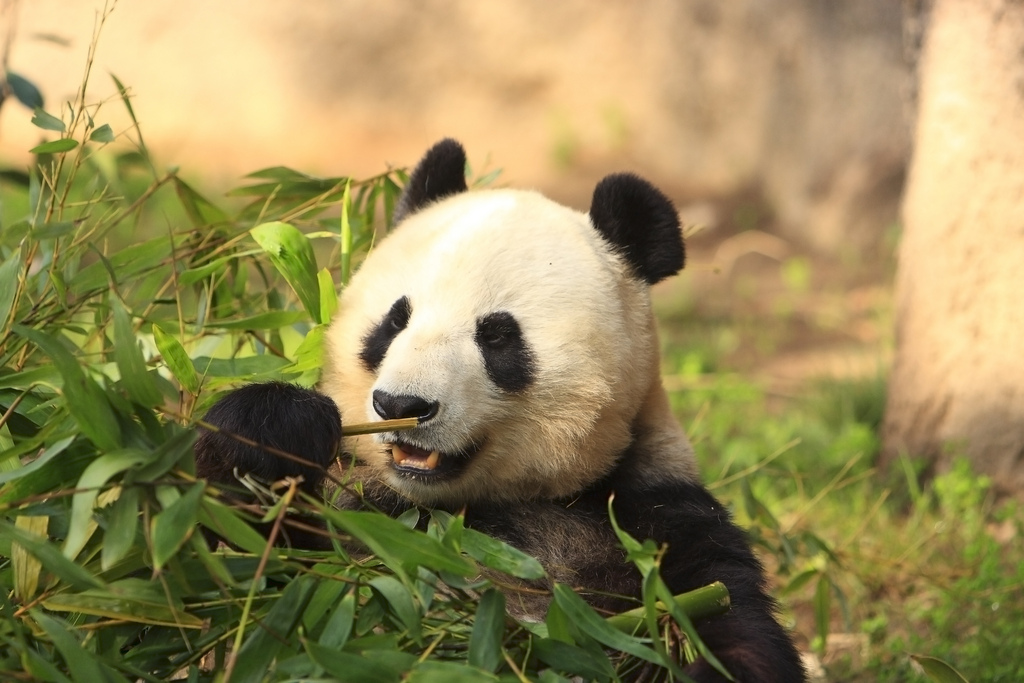 Animal Action News Program: Help Wild Animals Stay Wild
by I-Ling Hsu
Animal Action News Program: Help Wild Animals Stay Wild
by I-Ling Hsu
created on Jun 30, 2016 modified on Jul 21, 2017 07:01
The key driver for eating is hunger for sure but the eating habit we have is not solely determined by physiological or nutritional needs. Different factors, especially cultures, attitudes, beliefs, and knowledge, about food can influence people’s eating choice of food.
Given the fact that it may bring the negative impact to the society, there is a need for a greater understanding of the determinants that affect food choice. This project examines the major influences on food choice with a focus on those that threaten the environment and wildlife animals.
1. Newspaper Reading Reports - These news articles show cultural phenomena of how wildlife animals are treated in different cultures. more detail
1. Interview, writing, creating a video - A sentence that summarizes this task. more detail
1. Writing, reporting, and editing - A sentence that summarizes this task. more detail
1. Assessment procedures - A sentence that summarizes this task. more detail